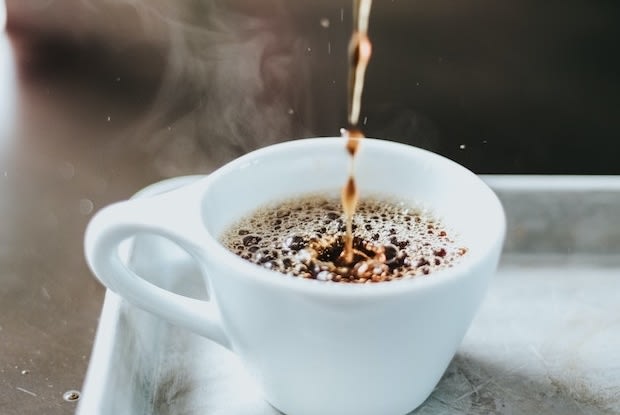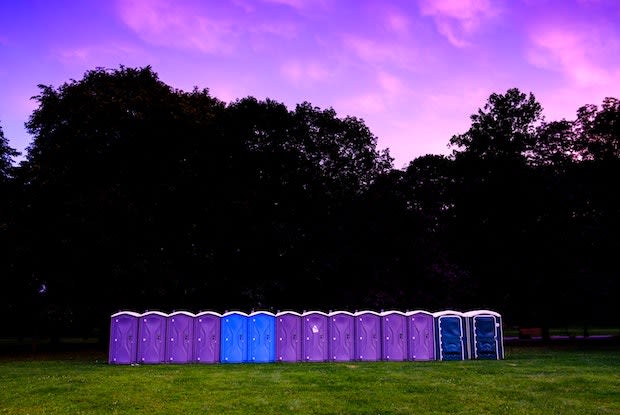Table of Contents
The bladder is an important organ that functions to hold urine. It is an intricate organ that can communicate with your brain, signaling when it is full and time to urinate. These signals can be disrupted, resulting in interstitial cystitis (IC). With IC, the bladder may experience mild to severe discomfort due to increases in bladder pressure. This chronic condition can lead to urinary incontinence—the loss of control over the bladder characterized by involuntary urine leakage. [1]
An enlarged prostate may also lead to urinary incontinence. Men are at risk of prostate conditions like benign prostatic hyperplasia (BPH). This condition occurs when the prostate cells overgrow (hyperplasia). BPH is non-cancerous and doesn’t usually cause problems, but it may lead to symptoms of urine leakage. [2]
If your loss of bladder control is caused by an overactive bladder, you may be prescribed an antispasmodic like Vesicare Oral, Toviaz (fesoterodine fumarate), or Myrbetrig tablets. Interstitial cystitis is typically treated with an oral prescription drug called Elmiron, and BPH can be treated with prostate medication like Avodart. Regardless of what causes your loss of bladder condition, there are steps you can take to regain and improve your bladder control.
Many foods nowadays have ingredients that can negatively affect the bladder. You may find that your bladder control naturally improves, simply by avoiding irritants. The bladder’s reaction to irritants varies from person to person, but artificial sweeteners generally don’t react well with the bladder. Sugar-free products do not mean it is a healthy choice. For example, many sugarless chewing gums use aspartame (an artificial sweetener). Other artificial sweeteners to avoid include sodium saccharin and acesulfame K. These harmful ingredients can be found in beverages as well as foods, so look over the ingredients list whenever you suspect that a food item contains a sugar substitute. [3] Caffeine and alcohol may not exactly be bladder irritants, but they are diuretics. This means that they can increase the amount of urine your body produces. Naturally, the overproduction of urine will contribute to poor bladder control. Next time you reach for that coffee, soda pop, chocolate, or tea, try drinking water instead. Water can flush out liquid waste while helping bowel movements. [4] Being frequently constipated can increase your risk of developing urinary incontinence. Combined with IC, BPH, or an overactive bladder, constipation can worsen symptoms and make it more difficult to control your bladder. There are several things you can do to avoid constipation and have regular bowel movements. If you have constipation, your doctor will likely advise you to eat a high-fiber diet. Essentially, fiber is non-digestible plant carbohydrates that can soften stool and help with digestion. You can include a wide variety of whole grains, fruits, and vegetables to ease constipation and make it easier to control the bladder. [4] If you are trying to regain bladder control, it is important to live an active lifestyle and exercise regularly. Physical activity has many health benefits, including constipation prevention. Being overweight is a major risk factor for urinary incontinence, but exercising and working out can help you maintain a healthy weight and reduce this risk. [5] If you find that you experience urine leakage when you sneeze, cough, or laugh, you can strengthen the pelvic floor muscles with kegel exercises. Strengthening your pelvic floor muscles can help you hold urine in the bladder better. Ask your doctor about kegel exercises, if they are right for you, and how to do them properly. [5] If your doctor recommends bladder training, you can use this method to improve bladder control. Bladder training involves following a regular bathroom schedule where you hold urine for 10 minutes after the initial urge to urinate. By gradually increasing the time between each bathroom visit, you may be able to strengthen your bladder. This technique can be combined with kegel exercises. However, bladder training might not be suitable for some, so talk to your doctor before starting this method. Holding urine for too long can actually be detrimental because it can make a bladder infection more likely. If you are attempting to train your bladder, try not to hold it in for more than four hours at a time. [6] There isn’t one way to improve bladder control. Strengthening your bladder requires you to implement these tips in tandem. Because most bladder conditions require long-term prescription medication use, your trips to the pharmacy can get expensive. The good news is Canadian online pharmacies have streamlined the process, so you can buy antispasmodic, IC, or BPH medication for cheap and have it delivered right to your doorstep. Ask your doctor about implementing these tips today to get the most out of your treatment plan. The content in this article is intended for informational purposes only. This website does not provide medical advice. In all circumstances, you should always seek the advice of your physician and/or other qualified health professionals(s) for drug, medical condition, or treatment advice. The content provided on this website is not a substitute for professional medical advice, diagnosis, or treatment.
Avoiding Bladder Irritants
Regular Bowel Movements

Staying Active
Bladder Training

